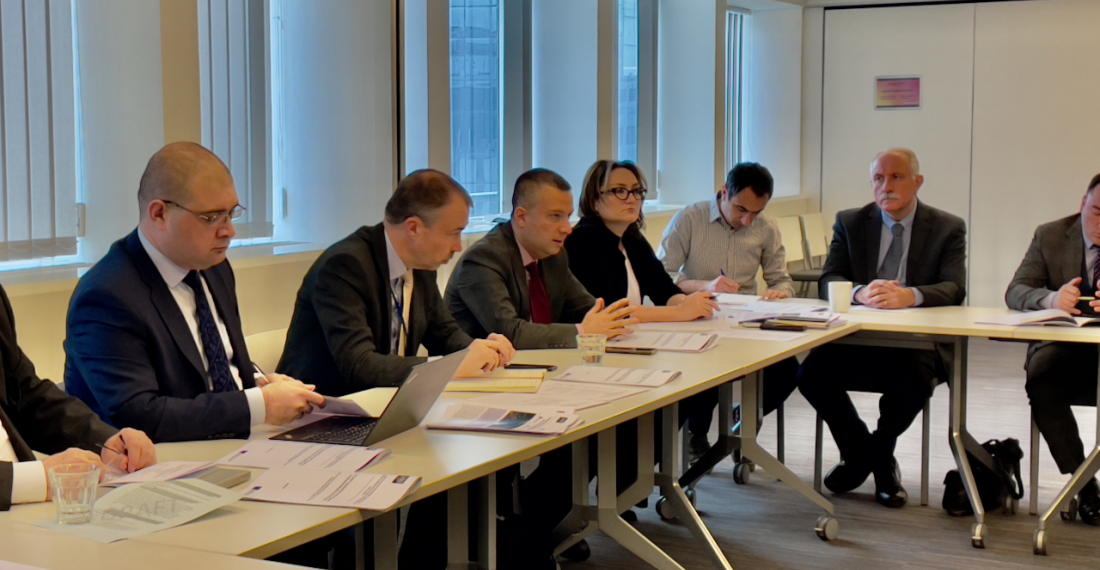The Joint Armenian-Azerbaijani Liaison Group on confidence-building measures in support of lasting peace in the South Caucasus has published its report in which it proposes 30 short, medium and long term measures in support of ongoing efforts to establish peace in the region. In their report, "The South Caucasus from war to peace: 30 measures between now and 2030" the members of the Liaison Group say that Armenia and Azerbaijan and Armenians and Azerbaijanis, need to build the future based on mutual trust and confidence.
You can read the report in full here
In their report, published on the eve of the meeting between the leaders of Armenia and Azerbaijan and the president of the European Union in Brussels on 6 April, the group says that "all the ingredients for peace exist in the South Caucasus. All the ingredients for war exist too. What is in front of us is a choice". The group says that the proposed measures are a building block in the quest for peace but if the ideas being proposed are implemented the objective of building a peaceful, secure and prosperous South Caucasus will be much closer to being achieved.
On Wednesday, 6 April, members of the Working Group, presented their report to the EU Special Representative for the South Caucasus, Toivo Klaar, and other EU officials at a special briefing in Brussels.
The thirty measures being proposed are grouped in five categories: (a) in the field of diplomacy, politics, policy, security and geo-politics; (b) in the border areas and within the communities directly affected by the conflict and through broader people to people contacts; (c) in the field of connectivity and economic activity; (d) in education and work with young people; and (e) in public spaces such as media, social media and public platforms, and on heritage, humanitarian and human rights issues.
The members of the Joint Liaison Group are: Ahmad Alili, Mehman Aliyev, Stepan Grigoryan, Shahla Ismayil, Samir Mammadov, Johny Melikyan, Benyamin Poghosyan, Ramazan Samadov and Anar Valiyev. The group has been preparing its report for the last six months, during which it held several meetings and consulted with a wide range of stakeholders. This followed a period of six months of preparation with meetings held with stakeholders in Armenia, Azerbaijan and Georgia between March and September 2021. The work of the Joint Liaison Group was co-ordinated and facilitated by LINKS Europe - an independent foundation based in The Hague, The Netherlands - in the framework of the European Union's EU4Peace initiative.
A spokesperson for LINKS Europe said that the fact that the report has been prepared and agreed by a joint group of Armenian and Azerbaijani experts is significant. The timing of the report, coinciding with the meeting in Brussels on 6 April of the leaders of Armenia and Azerbaijan with the president of the European Union, and the launch of a process to negotiate a peace treaty between the two countries, is very appropriate. It was now necessary that all concerned should put effort into turning the thirty measures being proposed in the report into tangible action.
source: commonspace.eu
photo: Members of the Joint Armenian-Azerbaijani Liaison Group with EU Special Representative Toivo Klaar in Brussels on 6 April 2022







